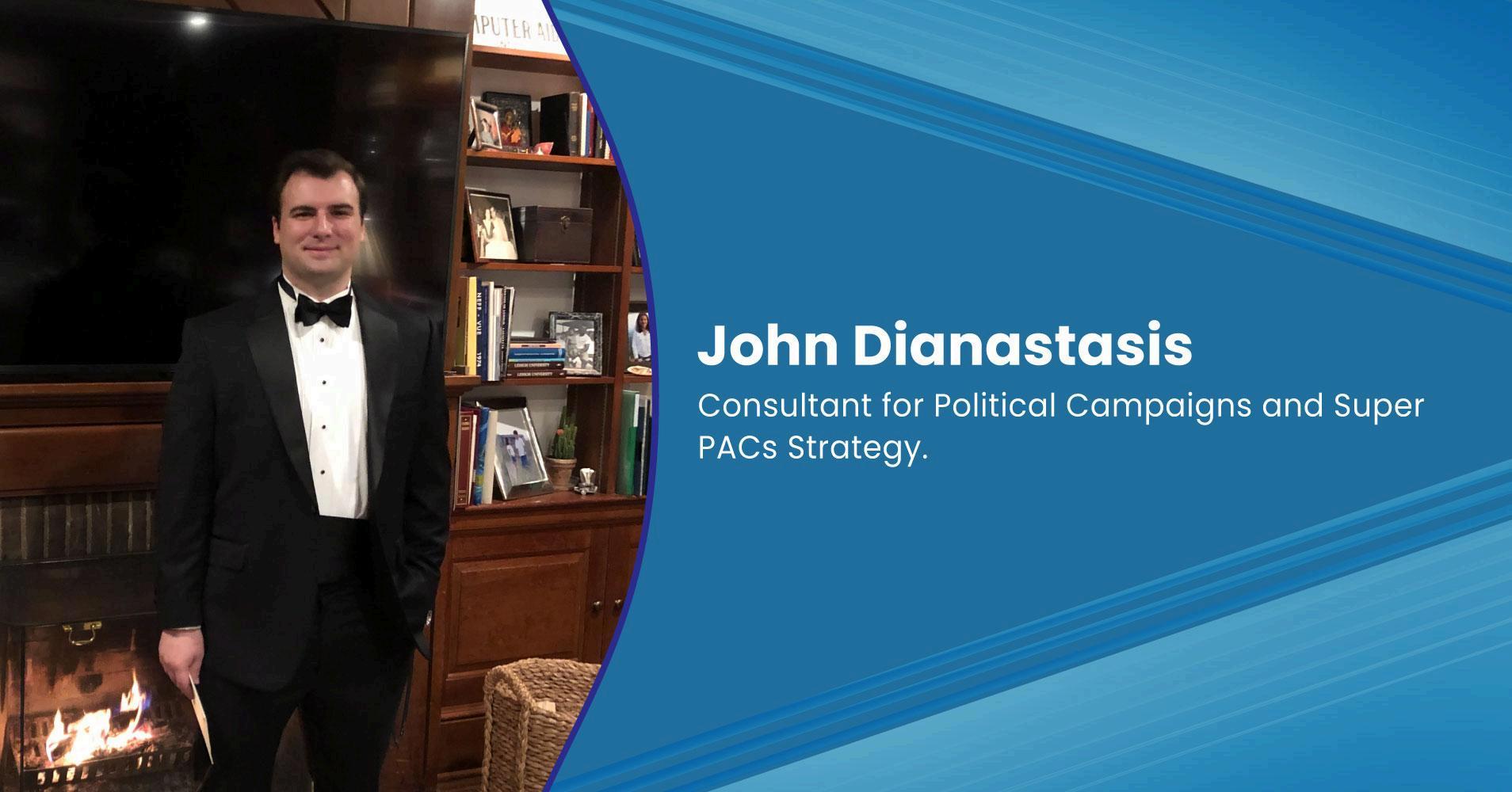John Dianastasis: The Lifelong Nature of Political Strategy

When most people think of political strategy, they envision the whirlwind of activities that occur during an election cycle: candidate speeches, negative ads, campaign rallies, and the excitement of election day While these elements are essential, reducing political strategy to just the time between elections misses the broader picture. Effective political strategy is a continuous process that extends well beyond campaign seasons, requiring consistent effort, foresight, and long-term planning,as defined by John Dianastasis.
A politician’s strategy is not something that can be switched on and off depending on whether they are running for office. Political strategy is woven into the very fabric of a leader's work, taking shape through consistent engagement, relationship-building, and community involvement throughout their entire term in office The foundation for a successful election is often built long before campaign signs are put up or advertisements are aired. It starts with cultivating trust and maintaining an ongoing dialogue with constituents, stakeholders, and the media
For instance, elected officials who understand that political strategy is a year-round endeavor invest in their community by attending town halls, engaging with local businesses, and remaining accessible to voters outside of campaign season. This helps them maintain a pulse on what is truly important to their constituents, enabling them to create policies that resonate with the people they serve staying active and visible means that when the time comes for re-election, they already have a strong, loyal base of support ready to back them.
Additionally, political strategy is deeply intertwined with the management of public perception. A politician’s image and reputation are crucial to their success, and this requires careful handling throughout their tenure. Consistent, transparent communication is key in shaping how the public views them. Failing to maintain credibility can result in the erosion of trust, which can be challenging to rebuild when an election approaches
Another reason why political strategy cannot be limited to campaign cycles is the ever-changing nature of public opinion Issues evolve, new challenges arise, and priorities shift over time A leader who only focuses on the next election may fail to anticipate these changes. By staying connected to evolving issues and maintaining a flexible strategy, politicians can ensure they remain responsive and relevant
Political strategy is also about cultivating relationships that extend beyond just the voting public Strong networks of allies, donors, and supporters provide crucial backing not only during campaigns but also while in office These connections require constant nurturing A politician who neglects these relationships outside of election periods risks losing valuable sources of support when they are most needed.
Ultimately, the most successful political leaders recognize that political strategy is not a temporary sprint; it is a marathon that requires ongoing attention and adaptation. Only through continuous engagement, relationship-building, and staying attuned to the shifting needs of society can a political figure secure long-term success
